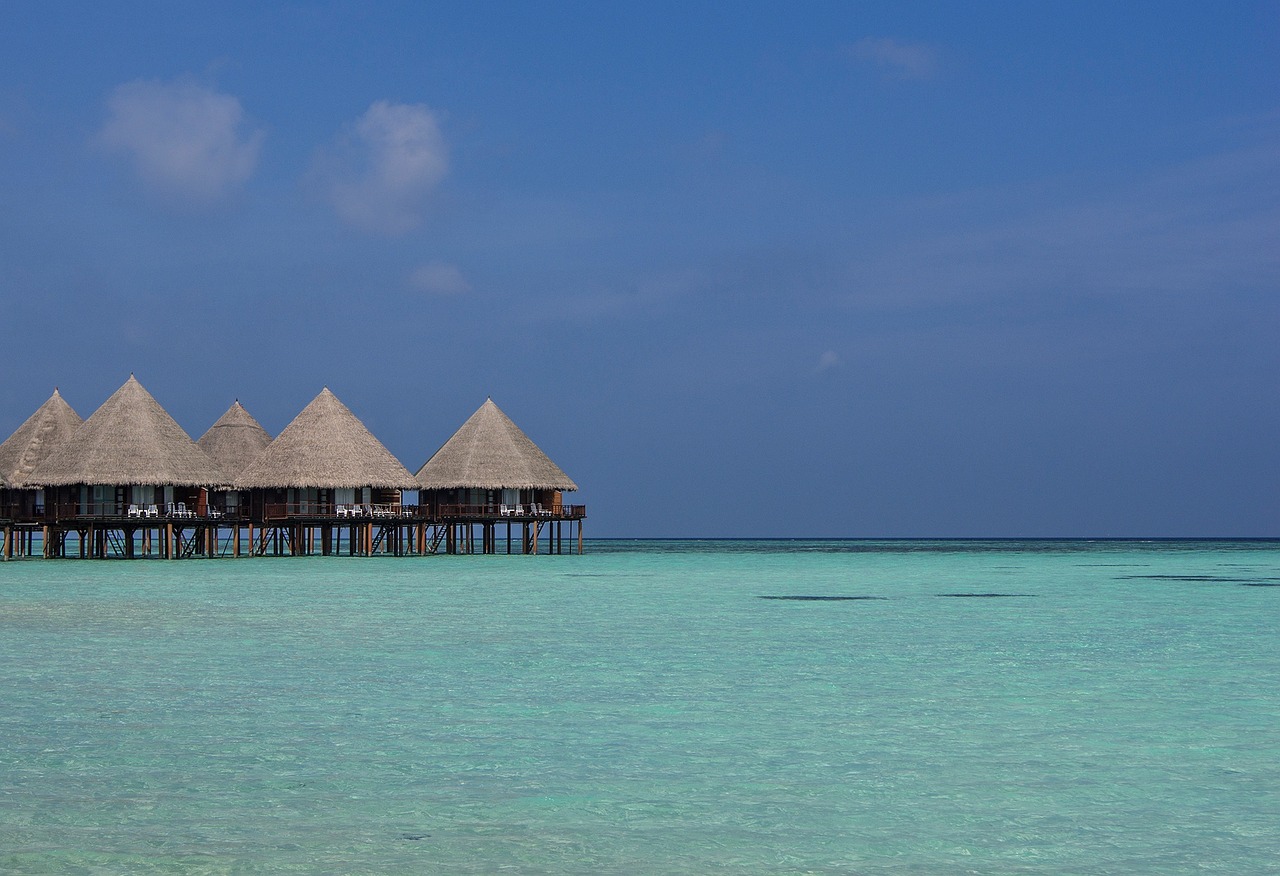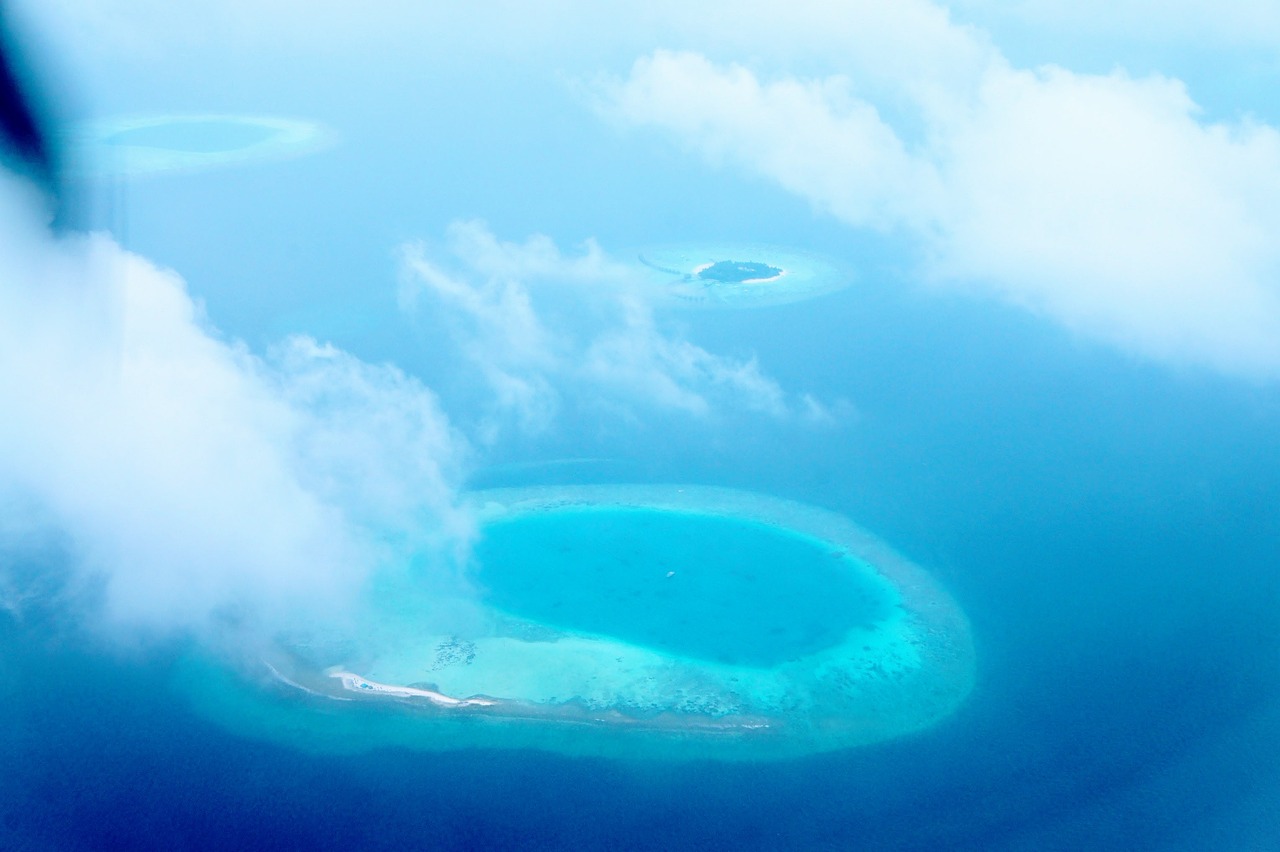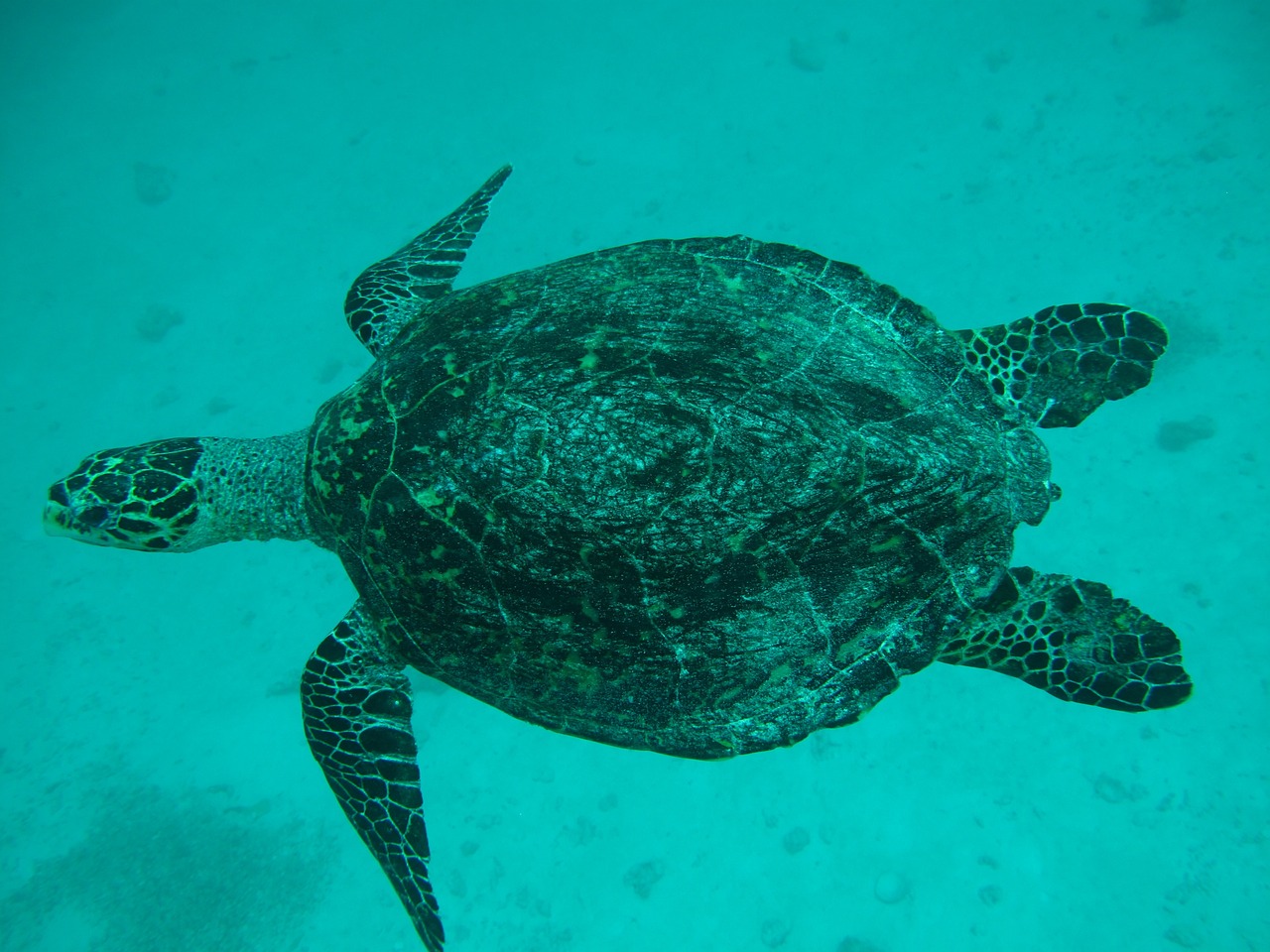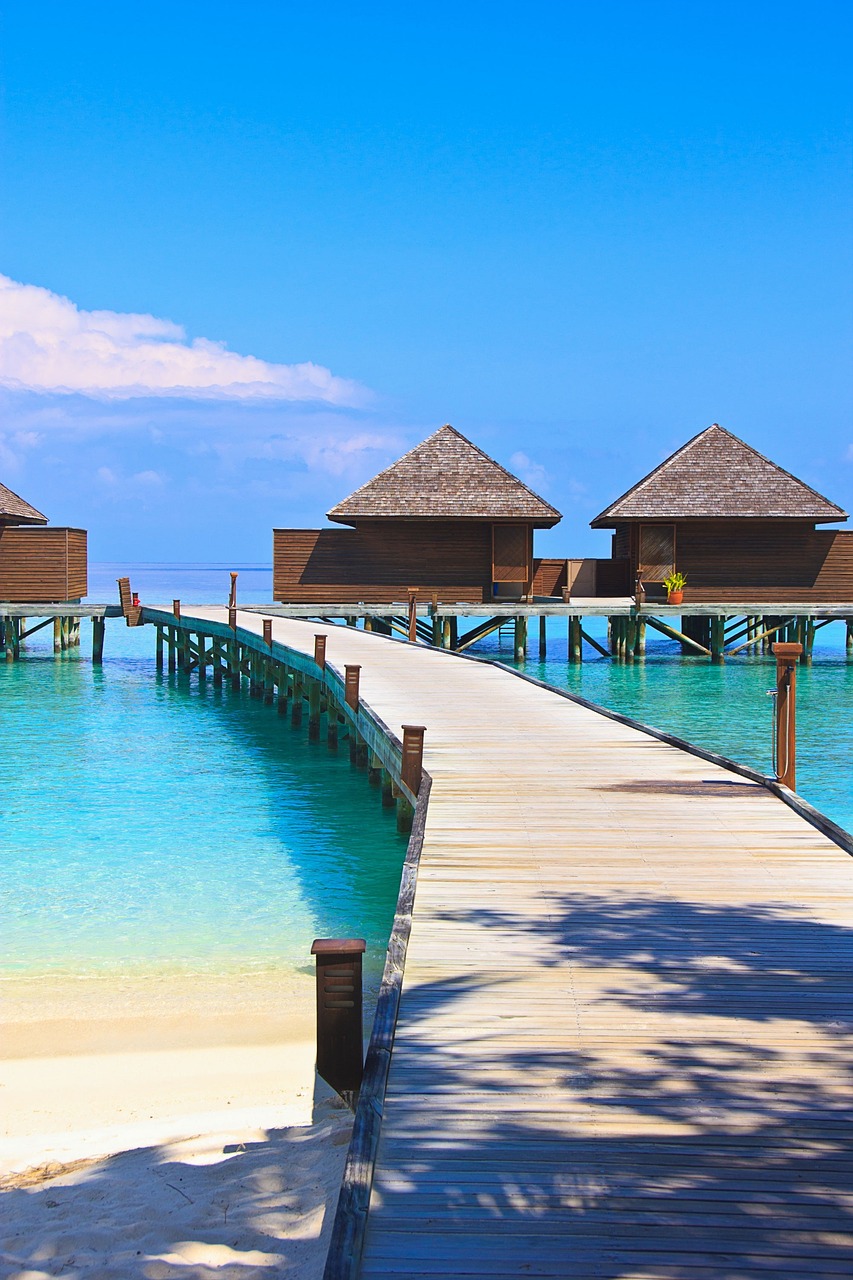Cultural Sensitivities: Understanding Local Norms in Maldives
The Maldives, a tropical paradise in the Indian Ocean, is known for its stunning beaches, crystal-clear waters, and vibrant coral reefs. However, before visiting this beautiful archipelago, it is essential to understand and respect the cultural sensitivities and local norms of the Maldivian people. By familiarizing yourself with their traditions and customs, you can ensure a more enjoyable and respectful experience during your stay.
Religion and Etiquette
- Islam: The Maldives is a Muslim-majority country, and Islam is the official religion. Visitors should be mindful of this and respect local customs. Modesty in dress is appreciated, especially when visiting local islands or religious sites.
- Greetings: When meeting locals, it is customary to greet them with a smile and a handshake. Men should avoid offering their hand to a Maldivian woman unless she extends hers first.
- Respecting Ramadan: If you visit during the holy month of Ramadan, be aware that Muslims fast from sunrise to sunset. It is important to show respect by refraining from eating, drinking, or smoking in public during fasting hours.
Social Customs
- Boduberu Music: Boduberu is a traditional Maldivian music form that involves drumming, singing, and dancing. If you have the opportunity to witness a Boduberu performance, it is customary to clap along and show appreciation for the artists.
- Personal Space: Maldivians value personal space and may stand at a distance when conversing. It is essential to respect this cultural norm and avoid invading someone’s personal space.
- Gift Giving: If invited to a local’s home, it is customary to bring a small gift as a token of appreciation. It can be something simple like a box of chocolates or a souvenir from your home country.
Environmental Awareness
- Coral Reefs: The Maldives is home to breathtaking coral reefs, which are vital to the marine ecosystem. Visitors should refrain from touching or damaging the coral and avoid purchasing souvenirs made from coral.
- Marine Life: When snorkeling or diving, maintain a respectful distance from marine life and never feed or chase them. It is crucial to protect the natural habitats and preserve the delicate balance of the underwater ecosystem.
- Waste Management: The Maldives faces challenges in waste management due to its remote location. Visitors should be mindful of their waste and dispose of it responsibly, using designated bins or taking it back to their accommodation if necessary.
Food and Dining
- Local Cuisine: Maldivian cuisine is influenced by South Indian, Sri Lankan, and Arab flavors. When dining at local restaurants or visiting local homes, be open to trying traditional dishes like Garudhiya (fish soup) or Mas Huni (tuna and coconut salad).
- Halal Food: As a Muslim-majority country, the Maldives follows Halal dietary guidelines. Most food establishments serve Halal food, which means it is prepared according to Islamic principles.
- Alcohol Restrictions: Alcohol is not widely available in the Maldives, except in tourist resorts. It is important to respect local regulations and avoid consuming alcohol in public or outside designated areas.
Traditional Festivals
- Eid al-Fitr: Eid al-Fitr is a significant festival celebrated at the end of Ramadan. It is a time for feasting, family gatherings, and giving to charity. Visitors during this time may have the opportunity to experience the festive atmosphere and join in the celebrations.
- Independence Day: On July 26th, the Maldives celebrates its Independence Day with parades, cultural performances, and fireworks. It is a great opportunity to learn more about the country’s history and culture.
- National Day: National Day, celebrated on November 11th, marks the anniversary of the Maldives becoming a republic. Festivities include parades, music, and traditional dances.
Respecting the Environment
- Sunscreen and Reef-Safe Products: When swimming or snorkeling, use reef-safe sunscreen to protect your skin without harming the coral reefs. Chemicals in regular sunscreens can be harmful to the marine ecosystem.
- Responsible Water Usage: The Maldives faces water scarcity, especially on local islands. Visitors should conserve water by taking shorter showers and avoiding excessive water usage.
- Sustainable Tourism: Choose accommodations and tour operators that prioritize sustainability and environmental conservation. Support initiatives that promote responsible tourism practices to help preserve the natural beauty of the Maldives.
Maldives Image 1:

Interacting with Locals
- Learning Dhivehi Phrases: Dhivehi is the official language of the Maldives. Learning a few basic phrases like “hello” (assalaamu alaikum) and “thank you” (shukuriyaa) can go a long way in connecting with the locals and showing respect for their culture.
- Curiosity and Questions: Maldivians are generally friendly and welcoming. If you have questions about their culture or traditions, feel free to ask politely. They will appreciate your interest and be happy to share their knowledge.
- Photography Etiquette: When taking photos of locals, especially without their consent, it is essential to be respectful and ask for permission first. Some individuals may prefer not to be photographed, particularly women in more conservative areas.
Maldives Image 2:

Visiting Local Islands
- Clothing: When visiting local islands, it is advisable to dress modestly to respect the local customs. Covering shoulders and knees is appreciated, especially for women.
- Guided Tours: Opt for guided tours by local operators to explore the islands and learn about the culture from knowledgeable guides. They can provide valuable insights and ensure a respectful interaction with the local community.
- Cultural Sites: When visiting cultural sites like mosques or historical landmarks, remember to remove your shoes before entering and dress appropriately. Women may need to cover their heads with a scarf.
Preserving Marine Life
- Snorkeling and Diving: When snorkeling or diving, avoid standing or touching the coral reefs, as this can cause damage. Respect the marine life and observe from a distance, taking care not to disrupt their natural habitat.
- Marine Conservation Organizations: Support local organizations working towards the conservation of marine life and the preservation of the Maldives’ natural resources. Consider volunteering or participating in beach clean-up initiatives during your visit.
- Responsible Fishing: If you go fishing, adhere to local fishing regulations and avoid catching endangered species. Practice catch-and-release whenever possible to help maintain the marine biodiversity.
Maldives Image 3:

Conclusion
By understanding and respecting the cultural sensitivities and local norms in the Maldives, you can ensure a more enriching and harmonious experience during your visit. From respecting Islam and local customs to preserving the environment and engaging with the local community, embracing the cultural sensitivities will help you appreciate the true beauty and authenticity of the Maldives.
References
– Maldives Ministry of Tourism: visitmaldives.com
– Maldives Embassy: maldivesembassy.be
– Ministry of Islamic Affairs: islamicaffairs.gov.mv
– Maldives Association of Travel Agents and Tour Operators: matato.org
– Maldives National University: mnu.edu.mv
– Ministry of Environment: environment.gov.mv


